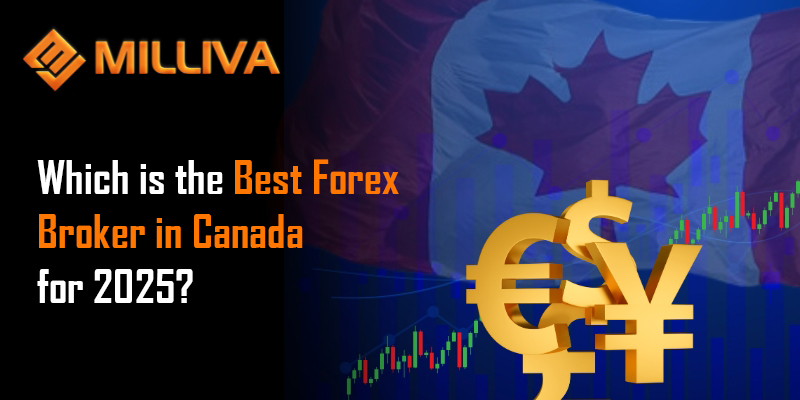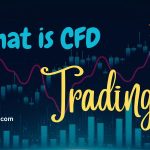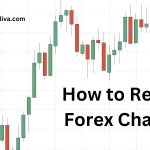The Benefits of CFD Trading
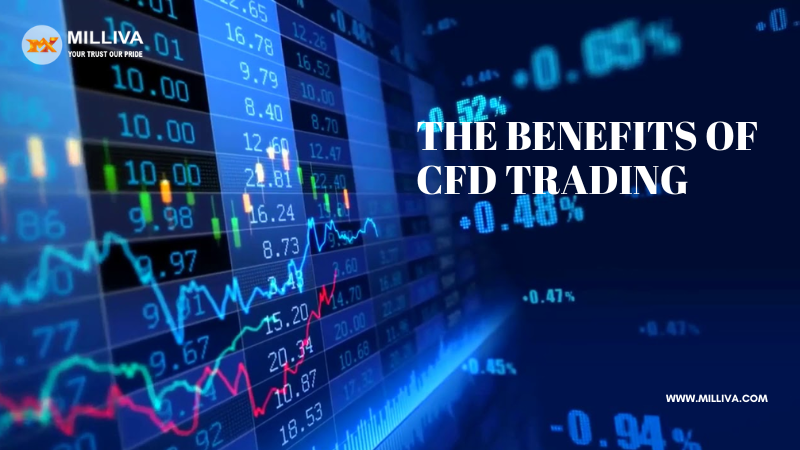
![]()
Discover some of the benefits of CFD trading. Contracts for Difference (CFDs) are a class of derivative products that let you trade utilising leverage on indices, foreign exchange, commodities, and shares, among other financial markets. Before placing a trade, research the key advantages of CFD’s trading on our web platform as well as the risks involved.
What are the Advantages of CFD Trading?
No Stamp Duty
As opposed to traditional share trading, a CFD trade does not require you to take physical possession of the underlying asset, so no stamp duty is due. Tax treatment, however, is based on individual circumstances and is subject to change. See more information regarding CFDs vs. share trading.
Trade Both Advancing and Declining Markets
In order to try and profit from selling (shorting) as well as purchasing possibilities, contracts for difference allow you to trade on the price of a product going up as well as down. A lot of investors utilise CFDs to protect their current portfolios from short-term volatility.
Effective Capital Management
Trading on margin, which provides you with “leverage,” is one of the primary benefits of CFD trading. This entails that you can engage in trading without having to put down the entire value of a position. Your money used for other investments because it not linked to one particular transaction. Find out more about leveraged trading.
For instance, you might only need to deposit 5% of the entire position value compared to what you might have to pay if you were purchasing physical shares from a stock broker in order to purchase the equivalent of 10,000 telecom business share CFDs with us.
You would only need to deposit £750 of position margin with us if each share priced at 150p (5% of £15,000 equals £750 plus the applicable commission, in this case £12 in this case).
Benefits of CFD Trading
With a stockbroker, you would have to pay the full amount of £15,000, plus CFD commissions and taxes, to conduct the same trade.
Instead, depending on whether you believe prices will rise or fall, you buy or sell a number of units for a certain financial instrument. On a broad range of international markets, including currency pairs, stock indexes, commodities, shares, and treasuries, we provide CFDs. The UK 100, which combines the price changes of all the stocks included in the UK’s FTSE 100 index, is an illustration of one of our most well-liked stock indices.
You gain multiples of the number of CFD units you bought or sold for every point the instrument’s price changes in your favour. You will experience a loss for each point the price goes against you.
Increased Trading Leverage
Trading positions opened using all of a trader’s cash in more conventional investing vehicles. Consider the typical method used by most traders to buy stocks: You must invest the entire $1,000 if you wish to purchase one share of stock.
The margin requirement for initiating a position in CFD trading, however, is now simply 5%. Traders can maximise their potential profit margin with less funds needed to initiate a position. You simply need to set out $50 for such investment, for instance, if you want to create a $1,000 account in a forex pairing. The remaining $950 is still available for you to commit to additional roles.
Although this strategy does have the potential to lead to significantly higher losses, negative balance protection can help to reduce this danger. When you’re trying to apply leverage to increase possible gains, this results in a net positive.
Earnings Prospects in Bull and Bear Markets
With CFD trading, you may take advantage of any form of market turbulence by opening positions in both rising and falling markets.
Traders have more freedom to take advantage of opportunities and more control over how, where, and when they enter a market.
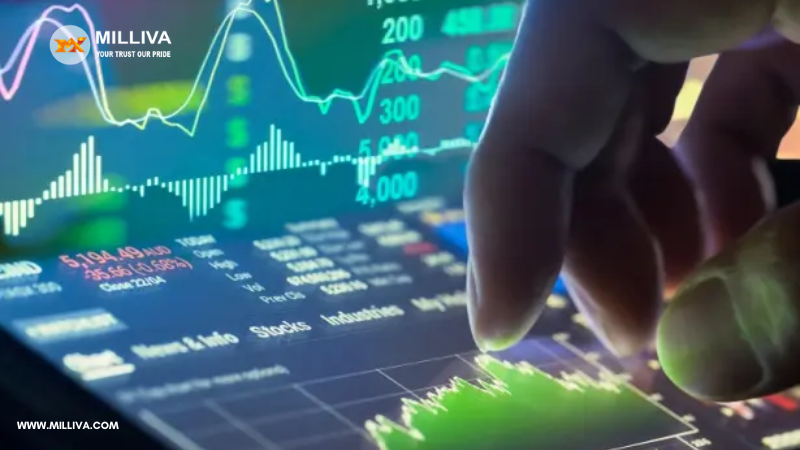
Different Lot Sizes
Given the possible volatility of CFD holdings, several brokers provide a variety of adjustable trade size options. By doing this, brokerages may serve a variety of traders, notably novice and casual traders who want to test out different investment methods while lowering their risk.
CFD trading frequently permits more flexible lot sizes as traders balance the amount of leverage they’re using with the level of risk they’re taking on, whereas lot sizes may be constrained by your forex platform and the type of transactions you’re seeking to execute. The quantity of quote currency units needed to buy one unit of your base currency, for instance, is represented by a typical lot of 100,000.
A single unit of GBP is now equivalent to $1.31 USD. In a normal lot order, 131,000 units of USD are required to buy 100,000 units of the base currency, GBP. For a CFD trade, a normal lot would cost $7,050 USD at a 5% margin. However, other lot sizes, such as a microlot of only 1,000 units, might also be feasible.
Your platform probably offers more possibilities since the amount of money staked to your lot is significantly less than the amount actually paid for the lot. As you create your trading strategy for CFDs, become familiar with these alternatives.
To reduce your risk if you’re new to trading, think about starting with the smallest permissible lot sizes. You can always increase your lot sizes as your trust in your trading approach grows.
Less Trading Expense
CFD brokerage fees typically come in at a significant savings over those associated with more conventional trading strategies. Brokerages often receive daily commissions from the financing of the deal. For instance, the brokerage charges a minor fee to compensate the $950 discrepancy when you spend $50 to start a $1,000 position.
Additionally, when a trader decides to sell a position, they typically pay the “spread” on that position. A broker’s fee schedule should always be requested before you open an account and begin trading. Prior to giving a company your money, you should understand exactly how you will be charged for your trade.

Visit us on: www.milliva.com



